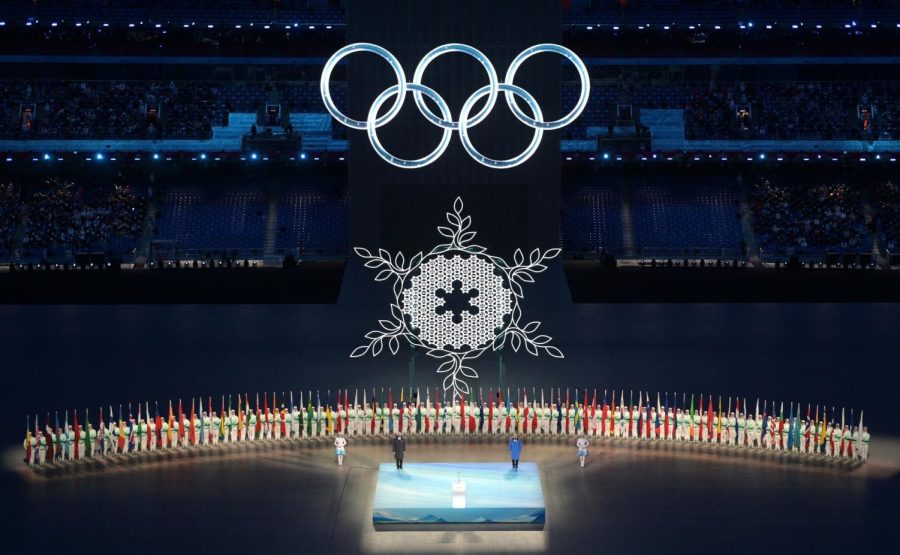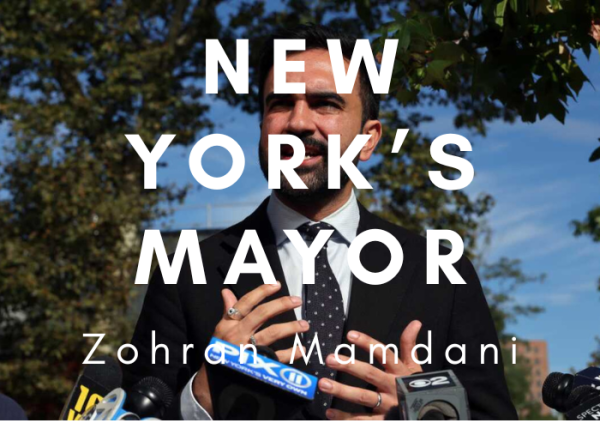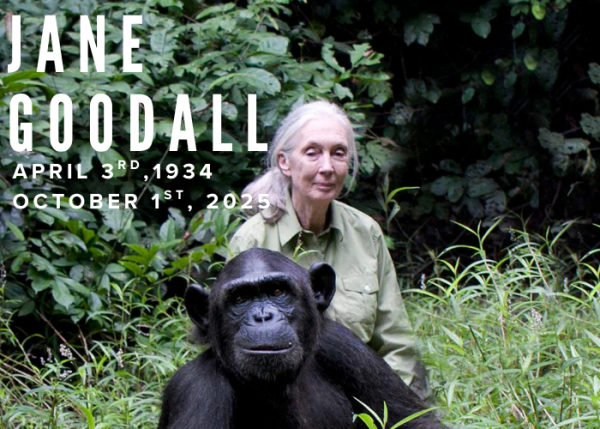2022 Winter Olympics welcome new changes and events
Many changes were made to the Winter Olympics this year.
Multiple changes were seen in the 2022 Winter Olympics, such as new events, COVID-19 precautions, and artificial snow.
The Beijing Olympics has set a record of 109 sporting events with seven new events: women’s mono bob, men and women’s big air skiing, mixed team relay in short-track speedskating, mixed team ski jumping, mixed team snowboard cross, and freestyle skiing mixed team aerials.
The International Olympic Committee (IOC) wanted to make a broader selection of events giving athletes more opportunities to go for gold, especially women.
Beijing in an average winter receives less than one inch of snow, which in prior years would have caused panic. In the 1964 Winter Olympics, they flew in giant blocks of ice because there was not enough snow. In recent years, there has been a rise in the use of artificial snow. This was the first year to use 100% artificial snow.
Artificial snow is made through snow machines that take in water and combine them with particles. The machine shoots the water at a high pressure breaking down the water droplets so freezing occurs quicker.
Athletes say that artificial snow is harder and denser. Some believe it makes events more challenging for athletes.
COVID-19 has also heavily influenced the games and the way they handle overall safety and interaction between athletes.
They administered one COVID-19 test per day to everyone involved. Around 1.8 million tests were used in the closed-loop system. Out of the 2,871 athletes, 429 athletes tested positive in the closed-loop. Most athletes recovered before their events and were able to compete.
Beijing took many precautions to prevent a COVID-19 outbreak due to the Olympic games. They promised a safe and splendid experience for the athletes and the workers. They created a “closed-loop” that kept the city separate from those involved in the games.
They wanted to avoid the spike that was believed to be caused by the Tokyo Games. The 19,000 volunteers agreed to quarantine for two months up to the games to prevent a post-Olympic games outbreak. They also agreed to quarantine for 21 days afterward before being able to go home.
Even with these changes, the Olympics continue to represent the union of the five continents and the perseverance of the athletes who participated.

Maia O’Brien is a senior, and this is her third year in journalism. She is the editor-in-chief. In addition to working for The Blackman Voice, she is...












